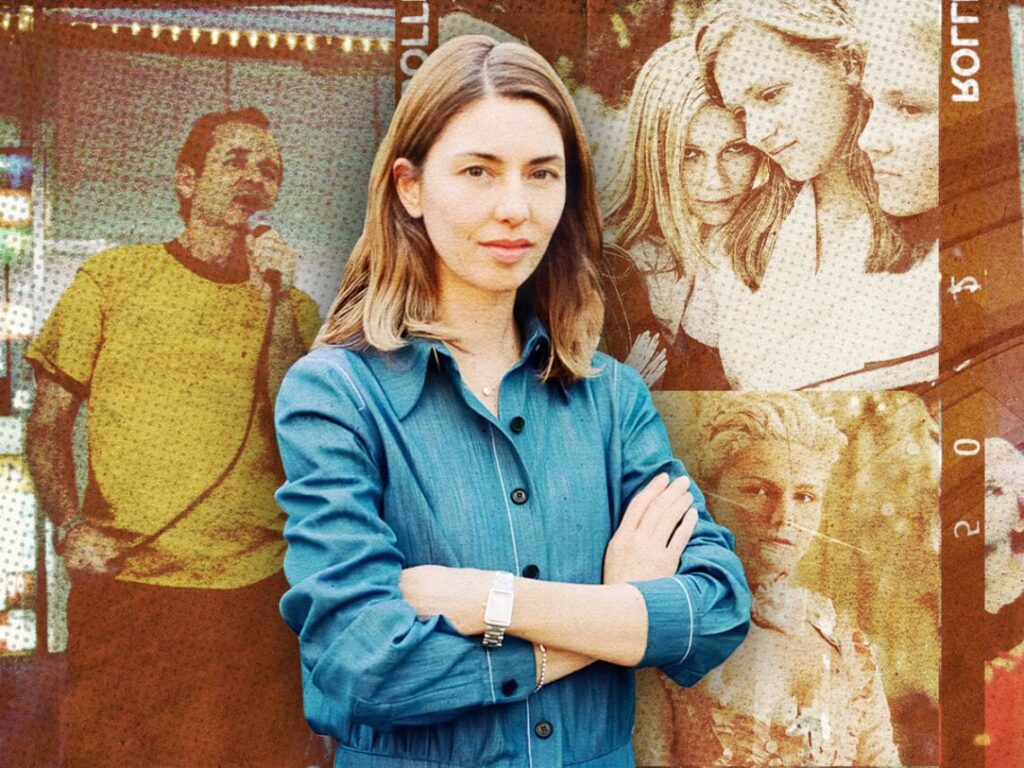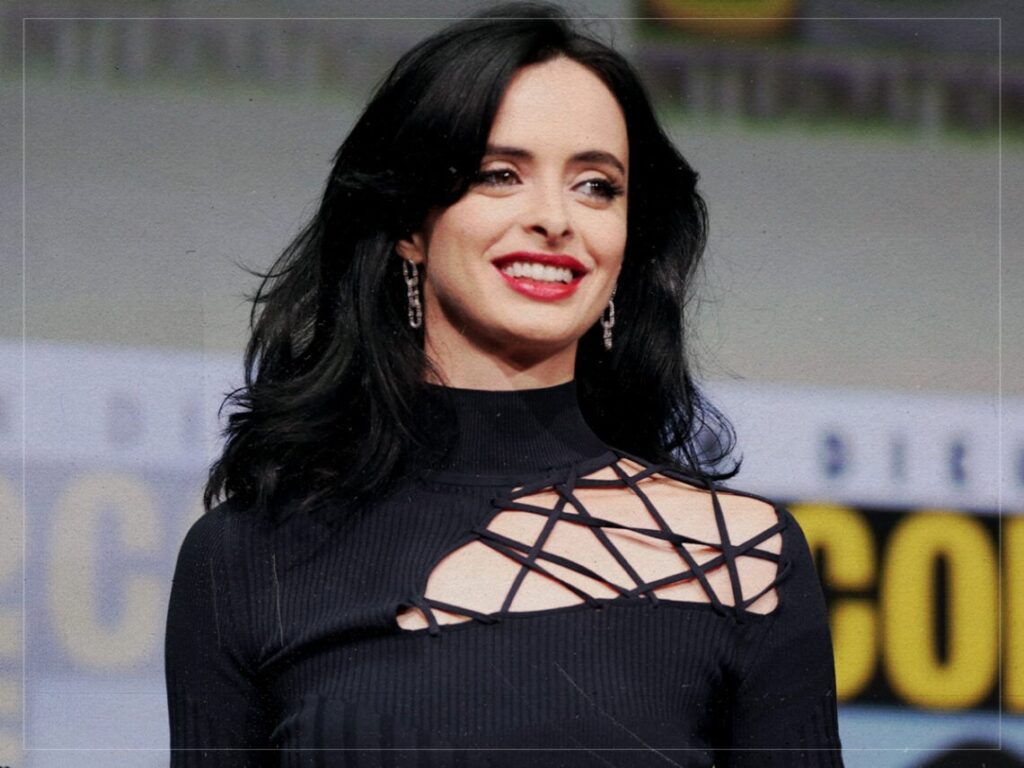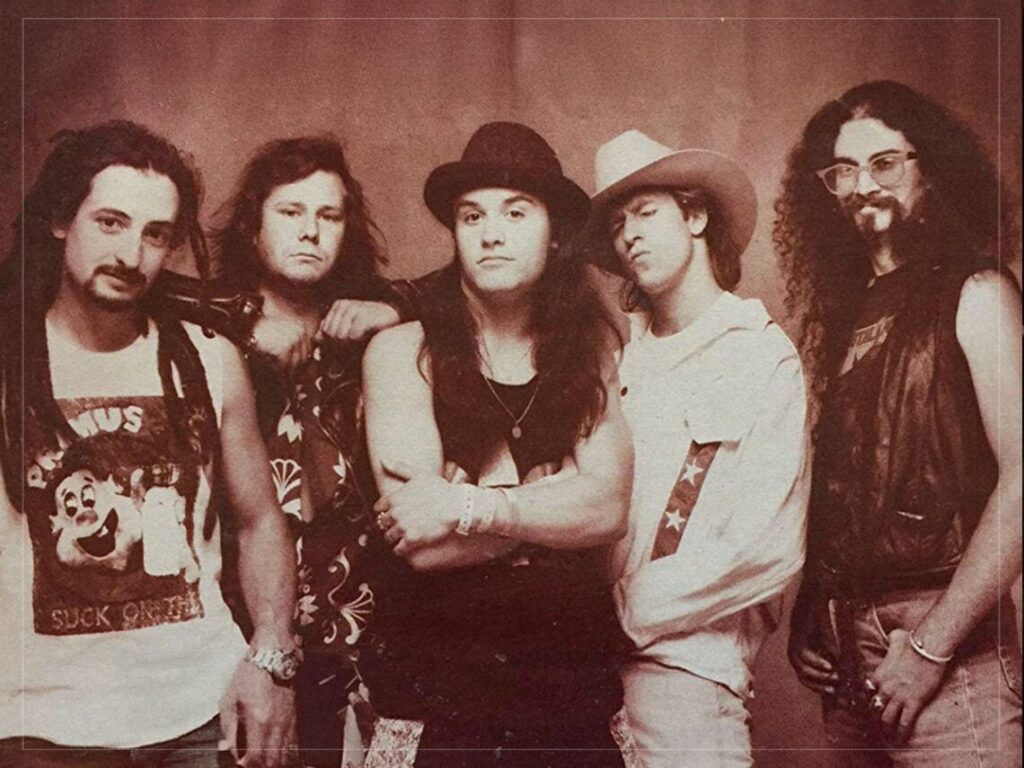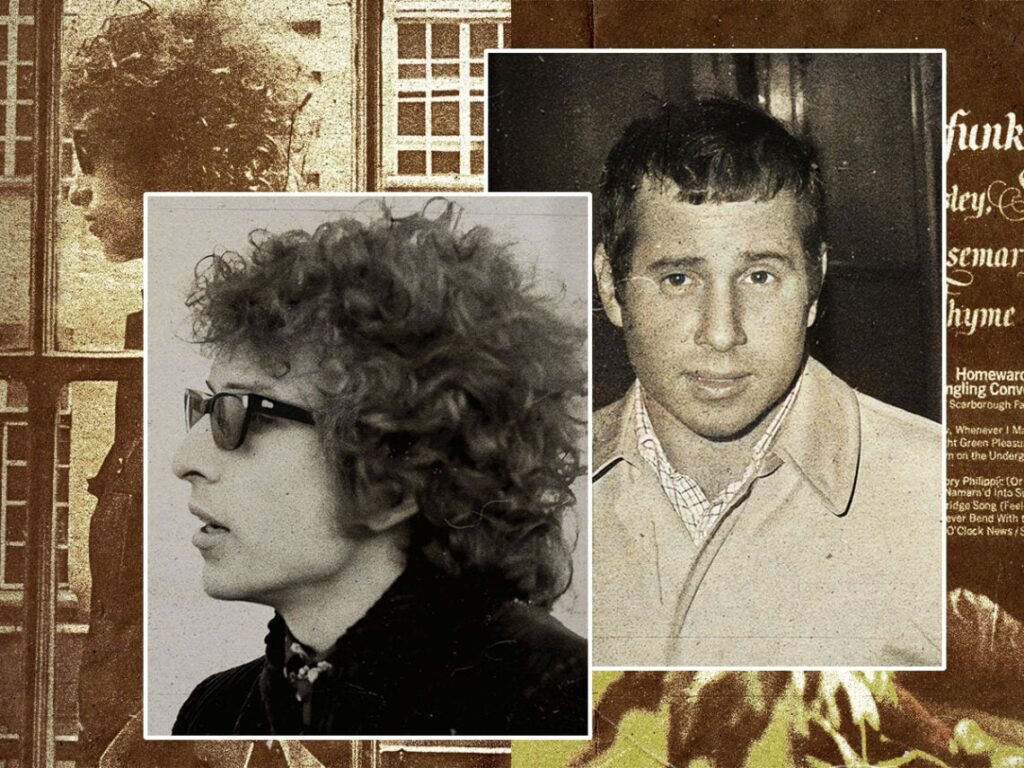Sofia Coppola’s favourite movies of the 1980s
 Posted On
Posted On
(Credits: Far Out / Alamy / Focus Features / Paramount Pictures / Columbia Pictures)
Despite being born into one of the most influential families in the film industry, Sofia Coppola has carved her own unique path as a filmmaker, carving out a space for women who have rarely had their stories shared. Coppola is known for the bittersweet tinge of her dream-like worlds, with lonely characters who are somewhat trapped, struggling to be seen for who they really are. When talking about her own taste in film, Coppola listed a number of classics from the 8190s that most influenced her directorial style and sparked her love for the medium.
Given her focus on adolescence and the pangs of growing up, it’s no surprise that Coppola listed Sixteen Candles as one of her favourites from this notorious decade. While I would say that the film has aged pretty badly, it captures the contradictions of the era – a time that is both sentimental and something we yearn to be distanced from.
But more than anything, it’s about growing up, something that few of us do gracefully, and it’s an experience Coppola has shown in a myriad of ways through Virgin Suicides and Priscilla. While John Hughes is more brash and comical in his depiction of coming-of-age, he also imbues his films with moments of melancholia and a sense of impermanence as we realise that while these experiences are not always good, they are formative within our personal history, something that Coppola captures so well in her own work.
Coppola’s father may be one of the most famous directors of all time, and her inclusion of his 1983 film Rumble Fish on this list is a nod to his influence on her creative identity. The film is distinctly separate from some of his more well-known work, something that contains the brutality that we’d associate with Apocalypse Now and The Godfather but feels distinctly more fragile and personal. I’d say it’s the most empathetic from his body of work, with a haunting hue to it that is much very reflected in Coppola’s later work.
Purple Rain was also listed by Coppola, a film starring Prince in a grungy underworld of a struggling musician as he sings his way to success while wearing a lot of purple. It’s a strange choice, and a film that is misunderstood by many and loved by few, but in that sense, it makes perfect sense. It remains faithful to its own weirdness and is ever deterred by conventions, a homage to weird creatives and people who make history, not by playing it safe. Coppola has been praised and criticised for films like Bling Ring and Marie Antoinette, which are bold and unapologetic in their style, something she shares with this bizarre cult classic.
Coppola has a specific sense of humour in her films, and her inclusion of Albert Brooks’ Lost in America perhaps shows the spark of her dark and on-the-nose comedic style. It’s a delightfully satirical film about materialism and capitalism, feeling a bit childish and over the top but also very truthful and honest. It has many references to the political climate at the time, something that Coppola also incorporates into the backdrop of her own stories and the way her characters are influenced by the broader context of the world around them.
Lastly, Coppola listed Tootsie as one of her favourite movies from the ’80s. With a razor-sharp script and genius performance from Dustin Hoffman, the film has cemented itself as one of the most iconic films from this decade, a scathing commentary on the entertainment industry that is witty, extravagant and ridiculous all at once. It encapsulates everything we associate with this era of filmmaking and has a lasting legacy that we can see reflected in many of the comedies that came after it, and a perfect way to end off her list.
[embedded content]
Related Topics


